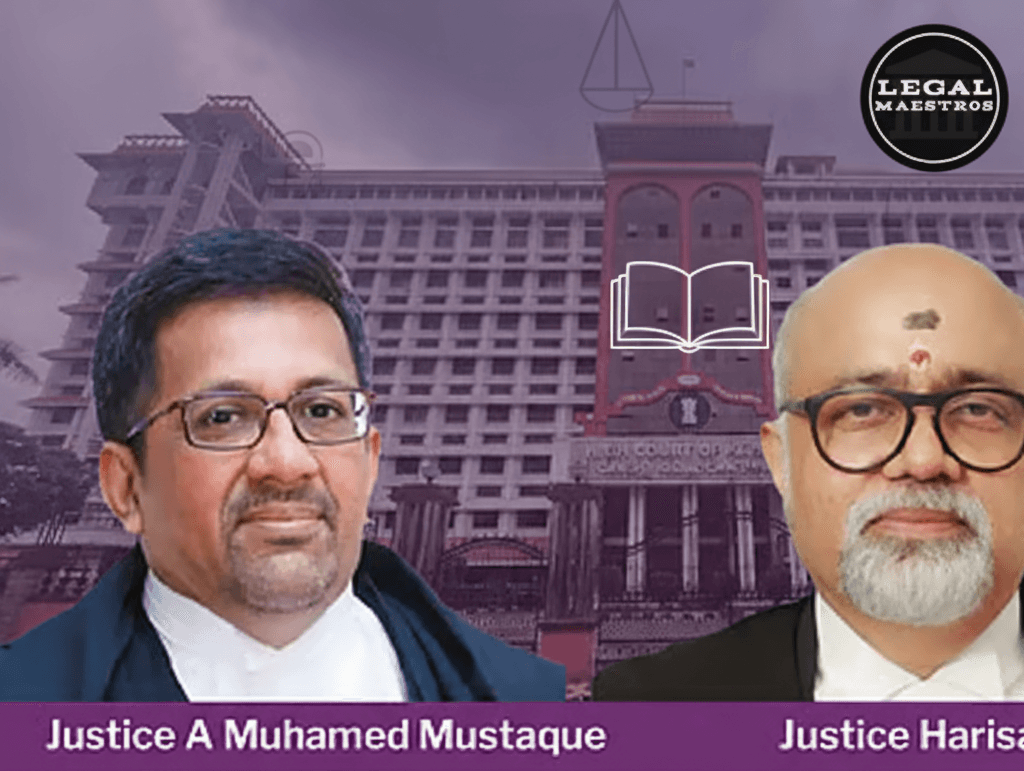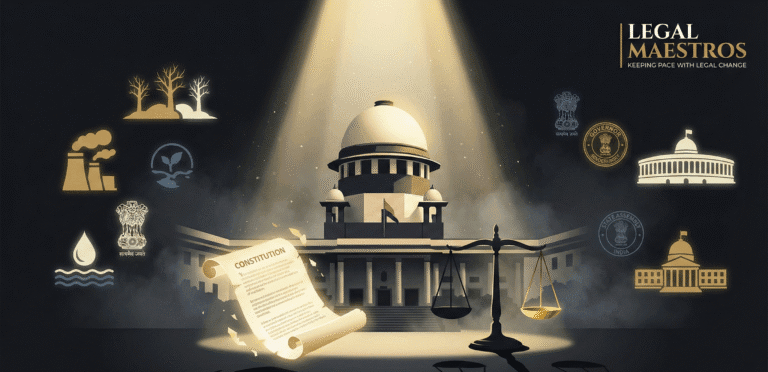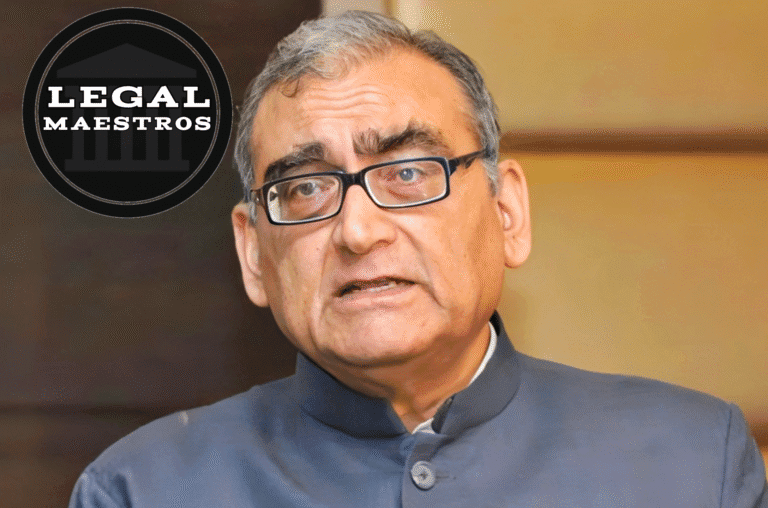
Justice Mustaque
An Introduction to the Esteemed Crane Fellowship
A case that was well beyond the cold letters of the law was recently experienced in the Kerala High Court. A young engineering student appeared in court charged with some serious cases under the Narcotic Drugs and Psychotropic Substances Act commonly referred to as NDPS Act. This is a notoriously strict law and in most cases the sentence of the law is very long in the prison and the bail is extremely hard to get. To this student, his future was destroyed as his education was suddenly terminated and his life was destroyed through drug addiction and criminal charge.
Justice A. Muhamed Mustaque, who was a judge with a humanitarian sense of fairness, was presiding over the case. In the case of the young man, the judge saw more than seeing an accused person when the situation of the young man was brought forward. He was witnessing the death of a young life at a very wrong crossroad, a student whose future was being ruined by an addiction. The court knew that merely taking the young man to jail would not help to address the root of the problem. It would still just be a punishment of the symptoms and not the disease.
Such recognition changed the whole meaning of the hearing. Rather than being a strictly punitive process, the court started to look into a rehabilitation course. Justice Mustaque realized that what was required most by the student was not only a legal verdict, but also a second life. This involved treating his addiction and, equally, returning him to the path of his schooling, which had been a victim of his situation.
For any queries or to publish an article or post or advertisement on our platform, do call at +91 6377460764 or email us at contact@legalmaestros.com.
The judge started a process which is not common in the formal boundaries of a courtroom. He started considering ways of bringing back the future of the young man. The initial action was to make sure he has been assisted with his addiction. But Justice Mustaque was aware that treatment was not all. The student had to get back to school and have a purpose to work on in order to enjoy his life once again.
Navigating the Application Essentials
The case by Justice Mustaque was a masterpiece in empathy. He explored the background of the student and found out that he was expelled in his college after the criminal incident and his current addiction problem. This deportation had made the future shut upon him, and he had but slight hope. The judge had the feeling that this sense of hopelessness was a tremendous obstacle towards healing and rehabilitation of the student.
The court acted as a guardian instead of penalizing the issues stated in the NDPS Act. Justice Mustaque was of the opinion that the law system was not only to punish, but to reform. He realized that the participation of the young man in drugs was an effect of his addiction which was a health problem that needed medical and psychological treatment. The mere fact that he is a criminal would not help pay attention to the cause of his crime.
The court went the extra mile of actively seeking means of ensuring that the student is reinstated in an educational institution. This was a pro-active and humane gesture. It was an indication that the student is capable of changing. The judge was offering an alternative that was constructive and physical because he was concentrating on his education rather than a criminal and addictive life. This was a strong message that it was worth saving the life of this student.
This is a major deviation on the conventional tough on crime. It puts the issue of drug addiction as a societal health crisis that has intruded into the criminal justice system. Justice Mustaque felt that when the system could assist this single student to regain his way it would be much more of the cause of justice than merely to increase the prison population by one more number.
Crafting a Compelling Personal Statement
The mediation of the judge did not end with merely proposing to rehabilitate. Justice Mustaque made it his business to make sure that the student has a chance to resume his studies. This was a special case because he contacted a private engineering college through his good office and influence. He defended the young man by stating that he should be given a second opportunity to finish his studies which would be an important component in his recuperation process.
Remarkably, the college administration realized the soul of the request made by the judge and accepted to accept the student. This was a colossal triumph, and a new very useful obstacle came into view. The college fees were unaffordable to the student and his family. A mere lack of money risked to ruin the whole process of rehabilitating him back to school.
It is at this point that the story takes a very remarkable twist. Justice Mustaque went out of his judicial role when he came to know that the student was facing a financial hardship. He has made a decision of paying the college admission fees of this student himself. This was not a court order, but a personal act of great kindness and altruism to another human being.
This was a very strong gesture of his faith in the potential of the young man. It was a personal and immediate investment into his future. The judge was not merely administering justice but he was also taking part in the rehabilitation of the student. The fees made him eliminate the last obstacle that existed between the student and his new life.
Securing Powerful Letters of Recommendation
The incident has raised a lot of debate regarding the real definition of justice. The acts of Justice Mustaque break the traditional view of a judge being an apathetic interpreter of the law. He demonstrated that the judiciary is capable, even ought to take part in social reform. His treatment did not concern absolving the student of his responsibilities but rather establishing the circumstances under which he would turn out to be a responsible citizen.







